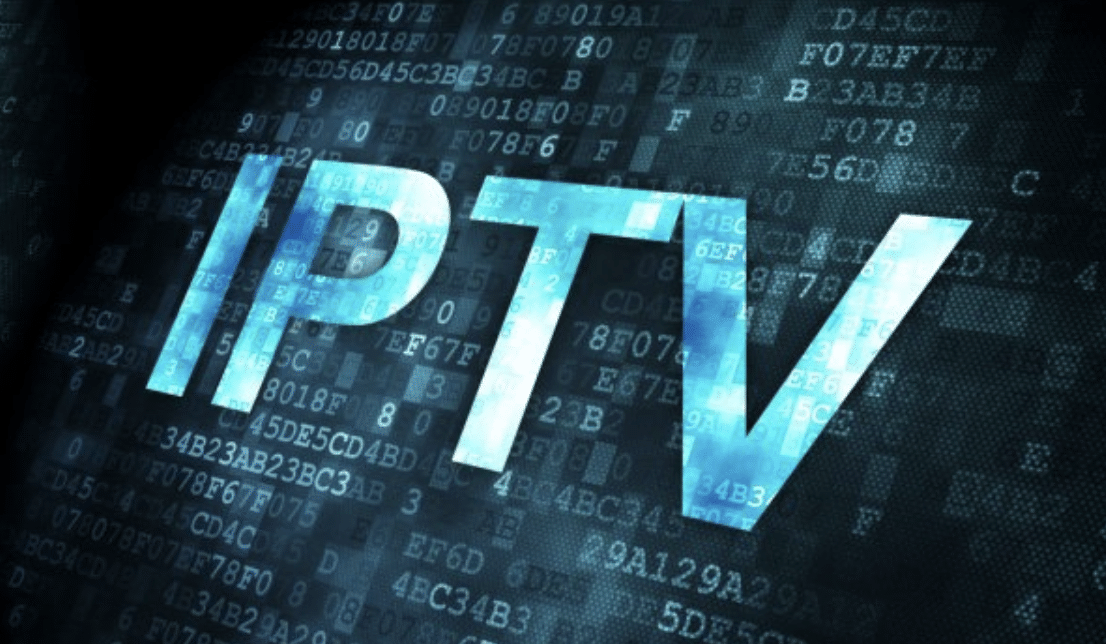Can IPTV be tracked?
Select Your Package!
Experience flawless compatibility across a wide array of devices, from Smart TVs and Android boxes to phones, M3U players, MAG devices, iPhones, and PCs. Effortlessly connect to your favorite IPTV applications, such as IPTV Smarters Pro, Smart IPTV, Duplex, GSE Smart IPTV, IPTV USA subscription, smarter IPTVpro, IPTV Smarters Pro Us, IPTVsmarters pro premium, iptv smart pro, tv smarters, IPTV Smarters Pro, smarters player subscription, iptv smarters pro channels, and Net IPTV. Is IPTV Smarters safe to download? Discover the convenience of seamless access on your preferred devices while exploring a variety of channels and content. Explore the world of IPTV with ease, all within a budget-friendly monthly subscription.
Can IPTV be tracked?
Can IPTV be Tracked? Understanding Privacy and Legal Considerations
Internet Protocol Television (IPTV) has revolutionized how we consume television content, offering convenience and a wide range of viewing options through internet-based streaming. However, the question of whether IPTV can be tracked raises important considerations about privacy, legality, and the technological infrastructure that supports IPTV services. This article explores the topic comprehensively, examining how IPTV operates, potential tracking mechanisms, legal implications, and user privacy concerns.
Understanding IPTV and How It Works
1. What is IPTV? IPTV (Internet Protocol Television) delivers television content over IP networks instead of traditional methods like satellite or cable. It allows users to stream live TV channels, movies, series, and on-demand content directly to their devices, such as smart TVs, computers, smartphones, and set-top boxes (STBs).
2. How IPTV Works:
- Content Delivery: IPTV services receive television signals and content from broadcasters or content providers.
- Encoding and Streaming: This content is encoded into IP packets and transmitted over IP networks, including the internet or local area networks (LANs).
- User Access: Users access IPTV content through apps or software provided by the IPTV service, which connects them to the service provider’s servers for streaming.
3. Tracking Mechanisms in IPTV:
a. User Identification:
- IP Address: Like any internet-based service, IPTV can track users through their IP addresses. An IP address is a unique identifier assigned to each device connected to the internet. IPTV services can log IP addresses to monitor usage patterns, prevent abuse, and ensure compliance with licensing agreements. IPTV smarters
- User Accounts: Many IPTV services require users to create accounts and log in with credentials. These accounts can be used to track user activity, preferences, and viewing history for personalized recommendations and service improvements. Can IPTV be tracked?
- Viewing Logs: IPTV providers may maintain logs of viewing habits, including which channels or programs users watch, how frequently they access content, and which devices they use. This data helps IPTV services optimize their offerings and tailor content recommendations.
- Metadata: Metadata associated with IPTV streams, such as timestamps, device identifiers, and session durations, can also be logged for analytical purposes and service optimization.
c. Legal Compliance and Anti-Piracy Measures:
- Digital Rights Management (DRM): IPTV services use DRM technologies to protect copyrighted content and enforce licensing agreements. Can IPTV be tracked? DRM systems can track authorized access to content, restrict unauthorized copying or redistribution, and prevent piracy. IPTV smarters
- Anti-Piracy Efforts: IPTV providers may collaborate with content owners, law enforcement agencies, and anti-piracy organizations to identify and combat illegal streaming activities. This involves tracking and monitoring unauthorized IPTV services or users engaged in piracy. Can IPTV be tracked?
Legal and Privacy Considerations
1. Data Privacy Laws:
- General Data Protection Regulation (GDPR): In regions covered by GDPR, such as the European Union, IPTV services must comply with stringent data protection regulations. Users have rights regarding their personal data, including the right to access, rectify, or delete their information. Can IPTV be tracked?
- California Consumer Privacy Act (CCPA): Similar to GDPR, CCPA provides Californian residents with rights concerning the collection and use of their personal information by businesses, including IPTV providers. Can IPTV be tracked?
2. Transparency and Consent:
- Privacy Policies: IPTV providers are required to have transparent privacy policies that disclose how they collect, use, and protect user data. Users should review these policies to understand what information is tracked and how it is used. Can IPTV be tracked?
- User Consent: Users typically consent to data collection and tracking practices when they agree to the terms of service and privacy policy of an IPTV service. Providers must obtain explicit consent for specific uses of personal data beyond basic service delivery. Can IPTV be tracked?
Addressing Privacy Concerns
1. Anonymization and Encryption:
- Anonymization: IPTV providers can anonymize user data by stripping it of identifying information before processing and analysis. This helps protect user privacy while still allowing for aggregated usage analytics.
- Encryption: Secure transmission protocols (e.g., HTTPS, VPNs) can encrypt data transferred between user devices and IPTV servers, preventing unauthorized access or interception of sensitive information.
2. User Controls:
- Privacy Settings: IPTV services should offer users granular privacy settings and controls to manage their data preferences. This may include opting out of personalized advertising, deleting viewing history, or restricting data sharing with third parties.
- Account Management: Users can manage their account settings, including updating personal information, changing privacy preferences, or deleting their accounts if desired. Can IPTV be tracked?
Conclusion
In conclusion, while IPTV can track user activities through mechanisms like IP addresses, user accounts, and viewing logs, tracking practices are typically conducted for legitimate purposes such as service optimization, content licensing compliance, and user personalization. Legal frameworks such as GDPR and CCPA impose obligations on IPTV providers to protect user privacy rights and ensure transparent data practices. Users concerned about privacy should review privacy policies, understand data collection practices, and utilize available privacy controls provided by IPTV services. By being informed and proactive, users can enjoy IPTV services while safeguarding their privacy in an increasingly digital and interconnected world. Can IPTV be tracked?





